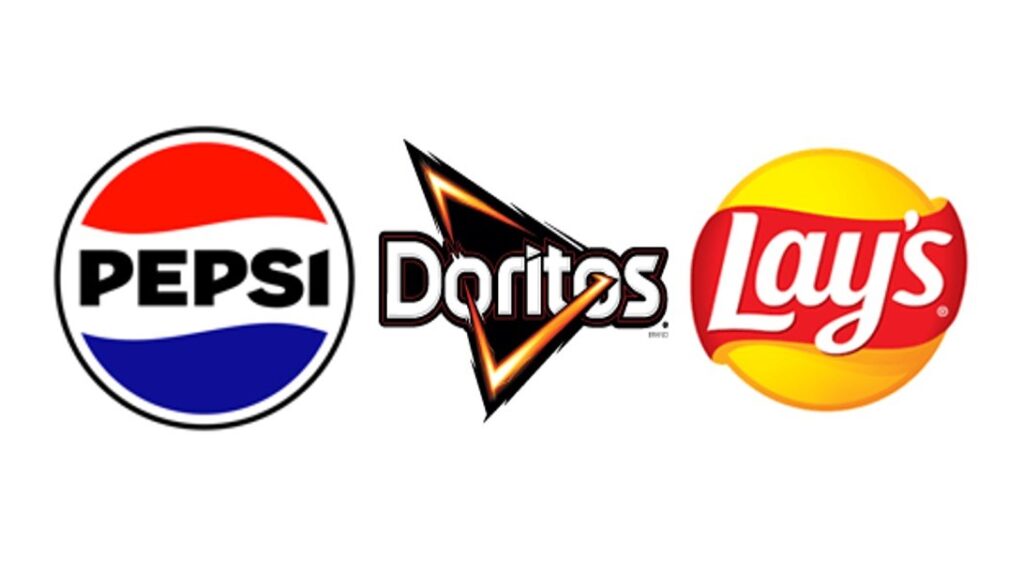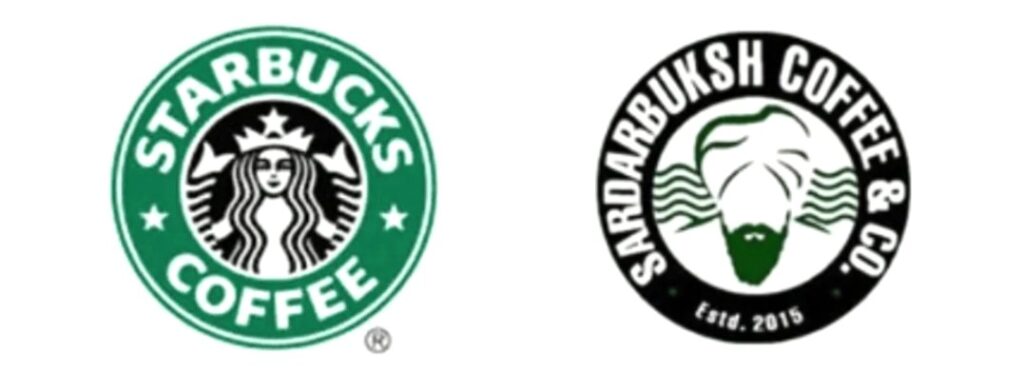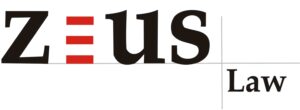IPR: Will company name protect your trademark?
By Jayshree Navin Chandra, Senior Partner, and Shrutika Misra, Senior Associate, Manager-IP, Zeus Law Associates
One of the important aspects that need attention when setting up a company is to secure its brand. It is usually assumed that apart from protecting the company’s name, a company registration protects the trademark as well. This is a common misconception in the business world. A company registration and trademark registration are two separate and independent requirements.
A company registration in India, formally recognizes and establishes a business as an independent legal entity under the company laws.
However, a company registration or a company name approval does not provide a certification or statutory protection under the intellectual property rights laws.
A trademark is a word, symbol, logo or design used by business owners to distinguish its products and services from that of the others. Apart from a trademark registration being a legal compliance, it is the essence of a brand’s identity, that provides recognition and protection to the brand from duplicity and helps build a well-protected brand leading to customer recognition, trust and business value.
In order to protect a trademark, one must apply for and obtain a trademark registration at the relevant Trade Marks Registry. It is not necessary for the owner to use a part of its company’s name as its trademark. A trademark is independent and may or may not be different from the company’s name.
Various companies and group of companies use a part of the company’s name in its trademark to offer its goods/services. For example, Apple Inc. offers its goods under the trademark “Apple”.
On the other hand, there are several companies who not only use a part of the company’s name in its trademark but also use trademarks that are different from the company’s name to offer its goods/services. For example, PepsiCo Inc. offers its goods/services under several trademarks including the following:

Often companies also adopt a trademark completely dissimilar from the company’s name. For example, One97 Communications Limited offers its goods/services under the trademark “PAYTM”. Apart from a brand strategy, this is also opted by the owners when a trademark (similar to the company’s name) is not available for registration.
Before a company is registered, a name approval by the Registrar of Companies is mandatory, among other compliances. Similarly, in order to register a trademark, it is important to conduct a trademark availability search beforehand. A trademark availability search is conducted from the online records of the Trade Marks Registry and a common law search, which is a different procedure when compared to a company name availability check.
The availability of a company’s name on the MCA records or registration of the company with the MCA does not guarantee a trademark availability as well. However, many owners commence use of the trademark or file an application for its registration using the company’s name without a trademark availability check. As a result, the trademark applications often face an objection or a refusal from the examiner of the Trade Marks Registry in light of the identical or deceptively similar trademarks existing on the official register. For example, a trademark application was filed for “regalia” (logo) by Mavuri Venkata Ramana, which was objected at the examination stage in light of prior trademarks applications/registrations such as the following:

The application was eventually refused registration as the subject mark was considered to be deceptively similar to the prior marks.
Many applications surpass such objections from the examiners but they subsequently upon publication of the trademark in the Journal, face a Trade Mark Opposition from third parties who may consider the trademark as identical or deceptively similar to their trademarks.
In addition to a prior availability search, it is also important to coin a trademark carefully to ensure that the mark is not infringing any other proprietor’s existing intellectual property rights. An example is the case of Starbucks Corporation v. Sardarbuksh Coffee & Co. & Ors., [CS (COMM) 1007/2018], wherein Starbucks Corporation (“Plaintiff”) registered its word mark ‘STARBUCKS’ and its logo as a trademark in India in 2001 while Sardarbuksh Coffee & Co. & Ors. (“Defendant”) started its business in 2015 under the business name ‘Sardarbuksh Coffee & Co.’ and its logo. The logos were as follows:
 The Plaintiff filed a suit against Sardarbuksh in the High Court of Delhi for trademark infringement. The bench observed that in order to determine whether a trademark was deceptively similar, the court must put itself in the shoes of the customers. The court held that a man of ordinary intelligence may be confused, and thus the logo was considered to be deceptively similar to the mark.
The Plaintiff filed a suit against Sardarbuksh in the High Court of Delhi for trademark infringement. The bench observed that in order to determine whether a trademark was deceptively similar, the court must put itself in the shoes of the customers. The court held that a man of ordinary intelligence may be confused, and thus the logo was considered to be deceptively similar to the mark.
Eventually, the Defended had to introduce a different and a new trademark and cease and desist all material that showcased the infringing logo, leading to assumable waste of investment.
Given the rise of start-ups in India and an increase in the number of company registrations, the instances of trademark registration refusal have risen and also leading to protracted litigation and adverse orders due to absence of careful trademark availability check and brand strategy. Therefore, along with company registration, it is essential for the businesses to carefully devise a strategy and secure its intellectual property on the brand by taking legal steps for protection.
(This Article is solely for information purposes, does not constitute legal or professional advisory and should not be relied upon or used as a substitute for legal advice from attorney. The company names and trademarks are solely by way of an example and Zeus Law Associates does not claim any intellectual property rights over the same.)
About the Authors:
 Jayshree Navin Chandra, Senior Partner at ZEUS Law Associates, has been a practicing lawyer since 2001 with extensive corporate and transactional advisory experience. She advises and represents clients ranging from Fortune 500 companies to start-ups as well as Central and State Government departments and public bodies in a wide range of domestic and cross border transactions, across industries in practice areas including Intellectual Property Rights, Corporate and Company Law, M&A and Joint Venture, Private Equity, FDI & FII, Real Estate and Infrastructure, Data privacy and protection, & Commercial Law Advisory.
Jayshree Navin Chandra, Senior Partner at ZEUS Law Associates, has been a practicing lawyer since 2001 with extensive corporate and transactional advisory experience. She advises and represents clients ranging from Fortune 500 companies to start-ups as well as Central and State Government departments and public bodies in a wide range of domestic and cross border transactions, across industries in practice areas including Intellectual Property Rights, Corporate and Company Law, M&A and Joint Venture, Private Equity, FDI & FII, Real Estate and Infrastructure, Data privacy and protection, & Commercial Law Advisory.
 Ms. Shrutika Misra, Senior Associate, Manager-IP at ZEUS Law Associates, has been practicing law since 2017 and specializes in Intellectual Property Rights laws. Her expertise covers all aspects of trademark, copyright, design and patent formalities and advises clients on brand protection strategies. She represents several national and international clients engaged in, lifestyle brands, retail, wellness, software, e-commerce, broadcasting and telecommunication, manufacturing and hospitality.
Ms. Shrutika Misra, Senior Associate, Manager-IP at ZEUS Law Associates, has been practicing law since 2017 and specializes in Intellectual Property Rights laws. Her expertise covers all aspects of trademark, copyright, design and patent formalities and advises clients on brand protection strategies. She represents several national and international clients engaged in, lifestyle brands, retail, wellness, software, e-commerce, broadcasting and telecommunication, manufacturing and hospitality.
 About the law firm: ZEUS Law Associates is an ISO certified full service law firm with a team of dedicated and experienced lawyers well versed in domestic and cross border transactions across sectors, jurisdictions and regulatory landscapes along with handling and advising brand protection formalities and strategies across India and international borders. The firm’s practice areas include Intellectual Property Corporate and Company Law, M&A and Joint Venture, Private Equity, FDI & FII, Real Estate and Infrastructure, Intellectual Property & Commercial Law, Litigation, Alternate Dispute Resolution, Indirect Tax and NRI Services.
About the law firm: ZEUS Law Associates is an ISO certified full service law firm with a team of dedicated and experienced lawyers well versed in domestic and cross border transactions across sectors, jurisdictions and regulatory landscapes along with handling and advising brand protection formalities and strategies across India and international borders. The firm’s practice areas include Intellectual Property Corporate and Company Law, M&A and Joint Venture, Private Equity, FDI & FII, Real Estate and Infrastructure, Intellectual Property & Commercial Law, Litigation, Alternate Dispute Resolution, Indirect Tax and NRI Services.


